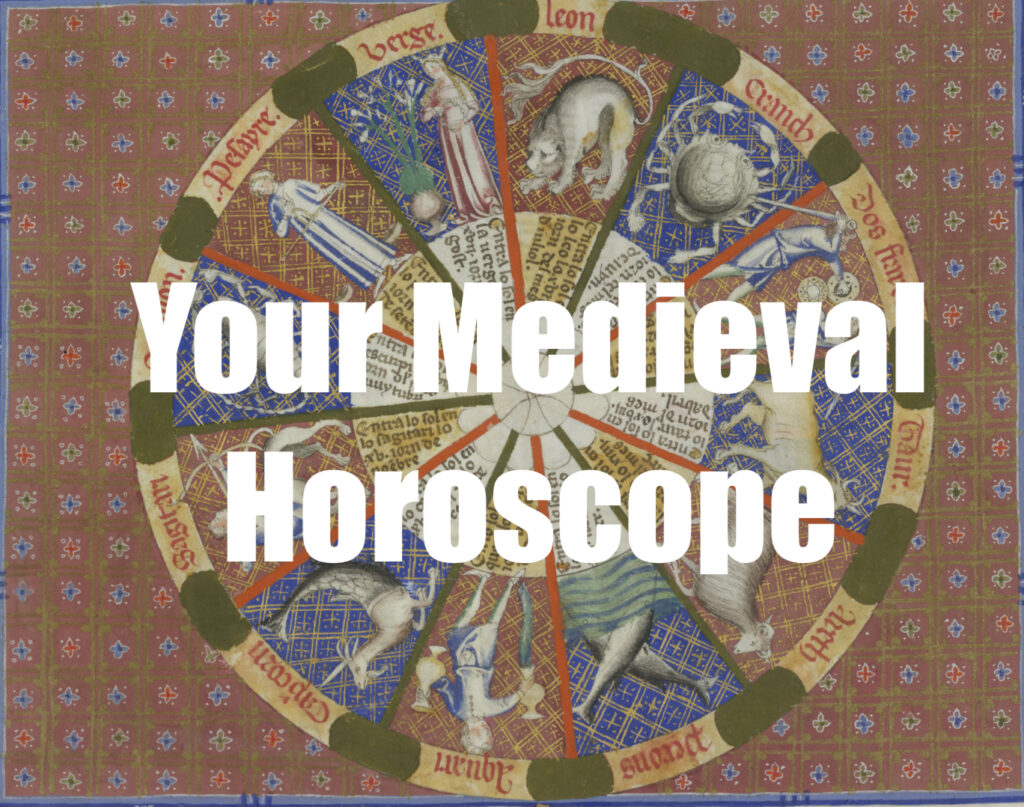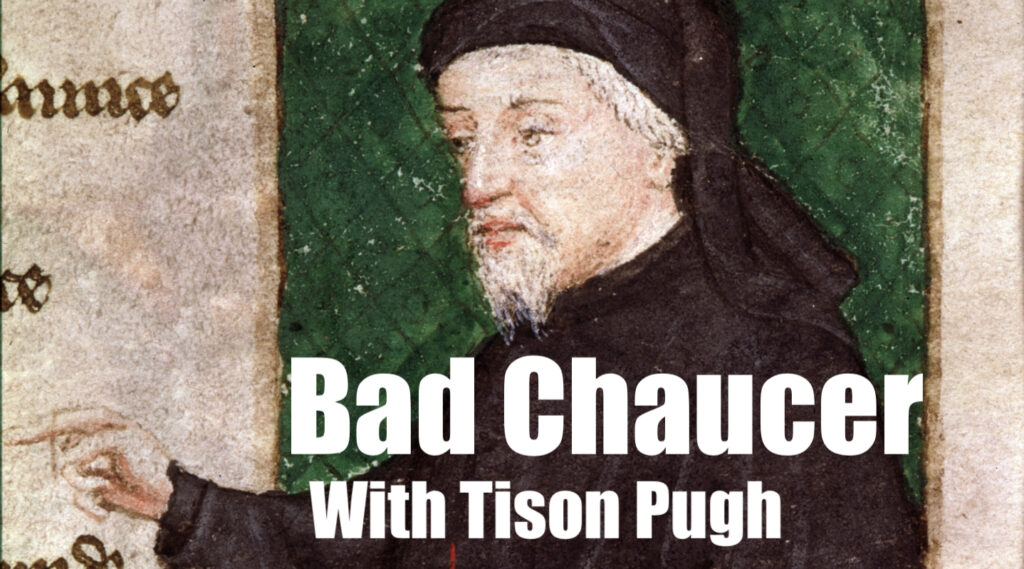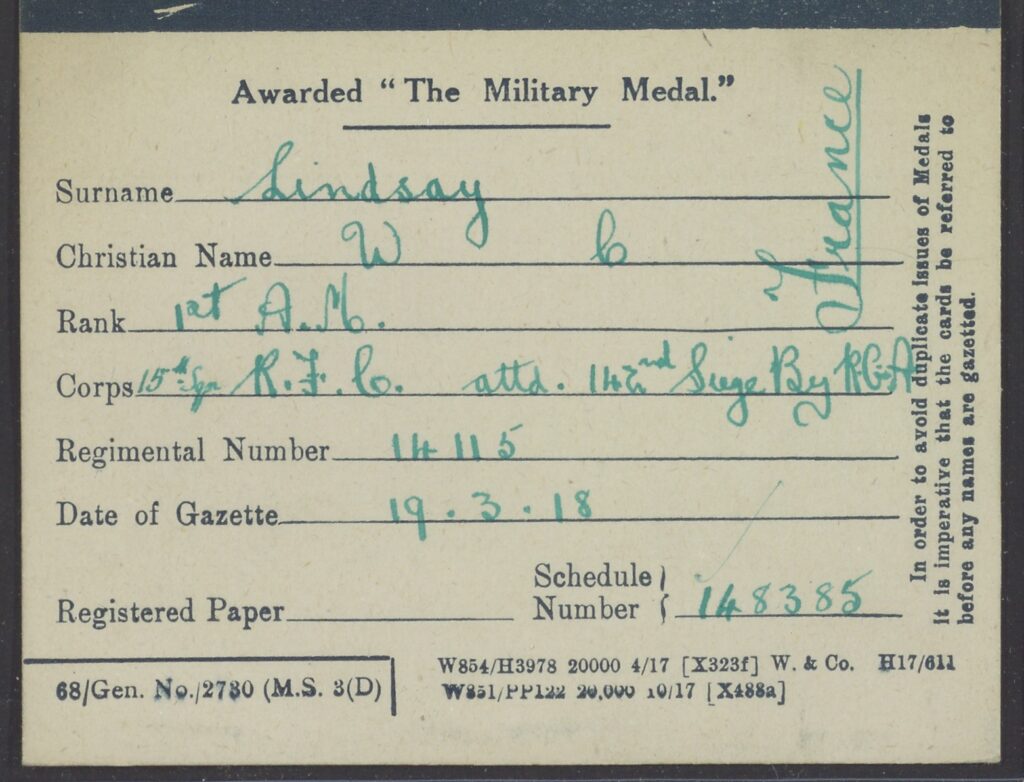Even in the Middle Ages, people turned to their horoscopes for guidance. This 15th-century astrology guide reveals advice for everyday life, from what you should eat to the jobs to steer clear of—and even whether it’s a good time to get married. Here are each of the zodiac signs.
The ancient practice of astrology – examining the movements of planets and stars to predict future events – experienced a revival during the Middle Ages. Texts from antiquity, rediscovered and preserved in the Arabic world, began spreading into Europe by the 11th century. Yet, medieval thinkers held conflicting views on astrology. Was it a legitimate science or a dangerous practice? For instance, the theologian Thomas Aquinas offered a nuanced perspective. He argued:
If anyone take observation of the stars in order to foreknow casual or fortuitous future events, or to know with certitude future human actions, his conduct is based on a false and vain opinion; and so the operation of the demon introduces itself therein, wherefore it will be a superstitious and unlawful divination.
However, Aquinas also acknowledged astrology’s potential validity under certain conditions:
On the other hand if one were to apply the observation of the stars in order to foreknow those future things that are caused by heavenly bodies, for instance, drought or rain and so forth, it will be neither an unlawful nor a superstitious divination.
Despite these debates, astrology continued to gain traction in the medieval world. The horoscope given above was created in the Low Countries in the 15th century. It is preserved as Amsterdam University Special Collections Library MS XXIII A 8., and was edited and translated by Irene Meekes van Toer – click here to read her entire thesis.
You can get this horoscope as a poster from Redbubble.
Subscribe to Medievalverse


